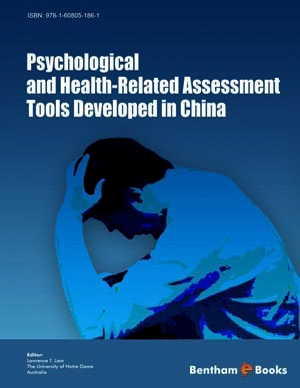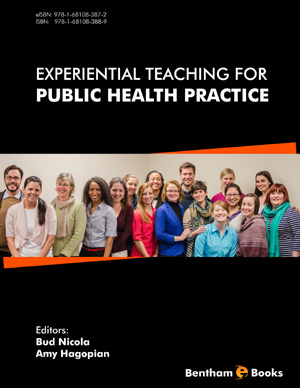Abstract
The aim of the study was to develop a questionnaire that measures positive perfectionism. Initial items of the questionnaire were compiled based on a theoretical framework and interviews with experts. An experimental sample of 407 college students was recruited to respond to the initial questionnaire. Exploratory Factor Analysis (EFA) was used to examine the factor structure and the final items set of each factor. A test sample of 309 college students was also recruited for further validation of the questionnaire including test-retest reliability and convergent validity. The results of the EFA indicated a 3-factor structure labelled as Positive Self- Expectations (PSEX), Positive Organization (POR), and Positive Self-Evaluations (PSEV). The model could explain 50% of the total variance of the data. The Cronbach’s alpha values for these factors were 0.87, 0.76, and 0.79 respectively suggesting satisfactory internal consistency. The test-retest reliabilities were 0.79, 0.84, and 0.81 with a two-week retest interval. A Confirmatory Factor Analysis (CFA) further indicated that the 3-factor model fits well with the data (χ2/df =1.71, GFI=.89, CFI=.92, RMSEA =.048). Inter-instrumental correlations between anxiety, depression, and the ZPPQ suggested reasonable convergent validity. These results provided satisfactory psychometric evidence for the positive perfectionism questionnaire to be used in clinical settings.












